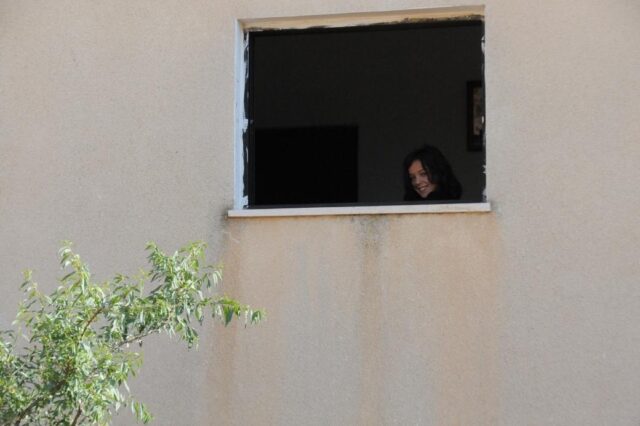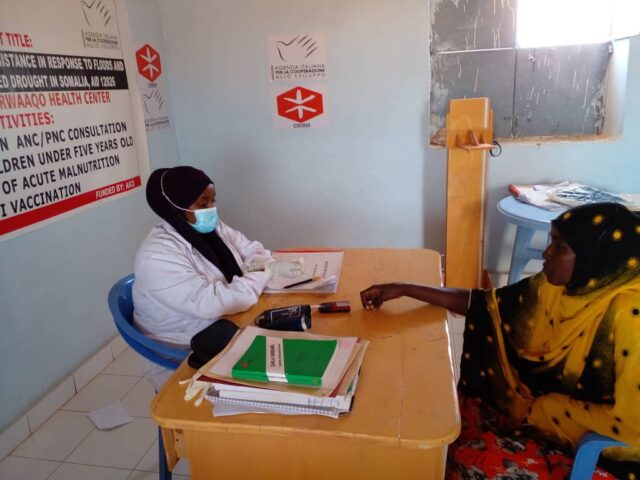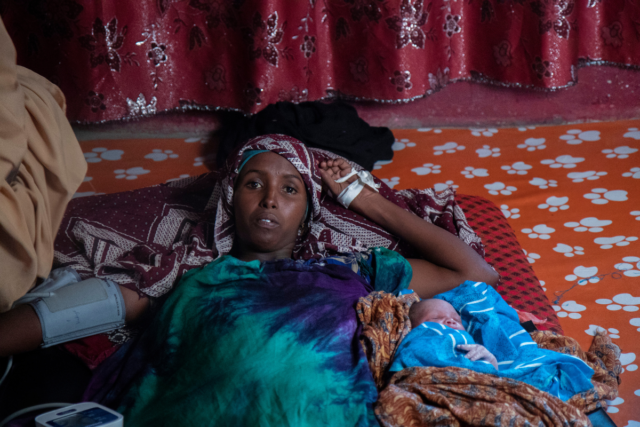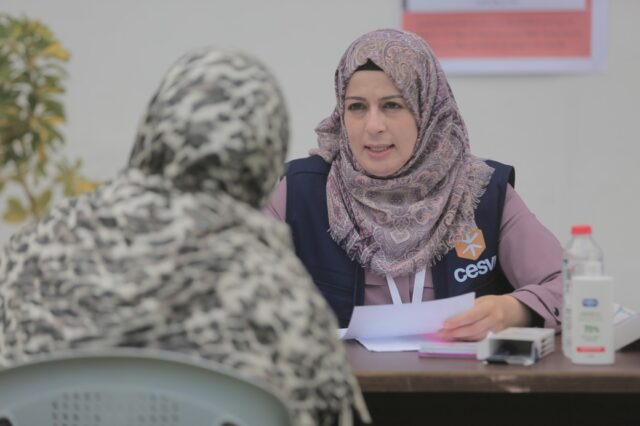Almost 15,000 children under five die every day, often from preventable and curable diseases. Sub-Saharan Africa is the region with the highest death rate.
830 women die every day from complications due to pregnancy and childbirth. In this case too, most of the deaths could be prevented with an adequate medical service.
It is to them in particular, as the most vulnerable subjects, that our health projects are addressed. A mission that we’ve been carrying out since 2001, when with the “Stop AIDS at birth” campaign we launched an innovative programme in rural Zimbabwe to prevent the transmission of the HIV virus from mother to child.
The wellbeing of the children is in fact tied with a double thread to that of their mothers, from the start of pregnancy to breast feeding. It is therefore doubly important to guarantee women access to adequate medical and obstetrical care during pregnancy, one of the columns on which our health projects are based in two historical countries we work in, Somalia and Myanmar.
We work in rural areas and, in the case of Somalia, in the refugee camps on the outskirts of the city. Zones often not reached by the national health service, where the mother-infant death rate is particularly high. Here we ensure that women have access to assisted delivery and we offer them the chance to have regular health checks during and after pregnancy.
The medical staff also keeps track of the children’s health, acting promptly in cases of acute malnutrition and forestalling the potentially mortal consequences of diarrhoea, pneumonia, malaria, diabetes and measles.
The worldwide reduction of the maternal and infantile death rate and the eradication of all forms of malnutrition are the specific targets of the Sustainable Development Goals of Agenda 2030 (SDG2 and SDG3). And rightly so, because taking care of the mothers-to-be and their children means investing in the future.
In this frame of reference the women amount to the “starting point” for an intervention which brings benefits to the whole family. In fact, a crucial improvement can be obtained in the health conditions of a country by investing on women and the role they play in care and prevention for the family.





